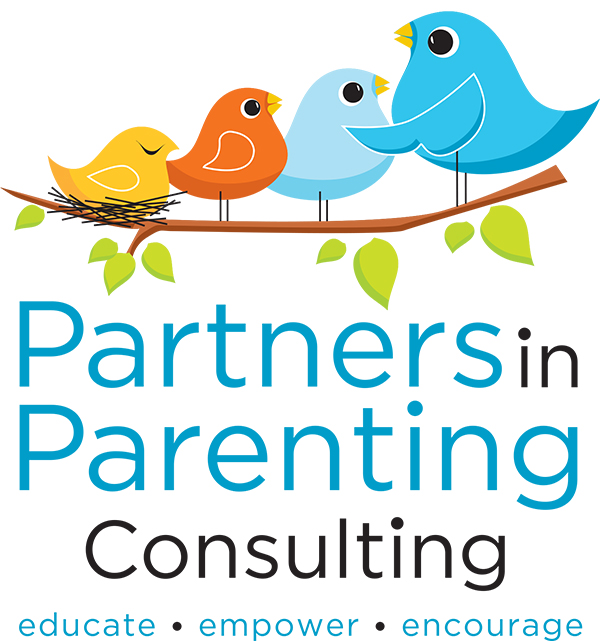Summer Skills
Kids look forward to summer all year long, but before you know it, you hear the dreaded words “I’m bored” or “There’s nothing to do.” Create boredom busters that help your child develop skills at the same time! There are approximately 12 weeks in the summer that you can break down into weekly themes. Here’s four examples to get you going:
Money Management – The Share/Save/Spend model gives your child valuable practice at managing their finances. If your budget allows, allot your child a small weekly “allowance”. Help them split the amount into 3 buckets – some for donating, some for saving, and some for spending.
· Have conversations about what donating means and help them think of causes they care about. Make a goal to donate the funds by the end of the summer and mark “Donation Day” on your family calendar.
· Save a portion of the allowance in a piggy bank or a recycled jar that your child decorates. Talk about what your child might save for – something that costs more. Teens might save for college. Younger kids need a more immediate goal.
· Spending is valuable practice too. Allow your child to decide how to spend this “fun money” even if it seems frivolous (within limits). Let them make the purchase/count out the coins. They may spend all their money on a cheap toy that breaks but that’s part of the learning.
Philanthropy – What social issues is your child passionate about? Brainstorm a list together. Visit an organization that supports your child’s favorite cause like the Animal Humane Society or the local food shelf. Find out what the organizations need and make a plan to help. For example, your child might raise money with lemonade stand or collect items from your neighbors or faith community. Go back to the organization and let your child be the one to make the donation. Create a Philanthropy Scrapbook that your child can add to each year.
Meal Making – Cooking is an activity that brings families together. Plan a dish or a meal to make, then visit a farmer’s market or local coop to pick out the ingredients. Teach basic skills like scrubbing veggies and stirring with little ones or how to separate an egg with older kids. Kids can decorate paper placemats and learn how to set the table. Enjoy your family dinner!
Laundry – Three year old’s can start mastering this skill as you show them how to put their dirty socks in the laundry bin. Older kids can learn how to load the washer and put in the laundry soap. Have a folding party to dance music when the wash is done! Demonstrate the finer points of laundry management with tweens like how to treat a stain and which settings to use on your machines. By the time your child is a teen, they are capable of doing ALL their laundry. Their future roommates/spouse will thank you!
Photo by Derek Owens on Unsplash
